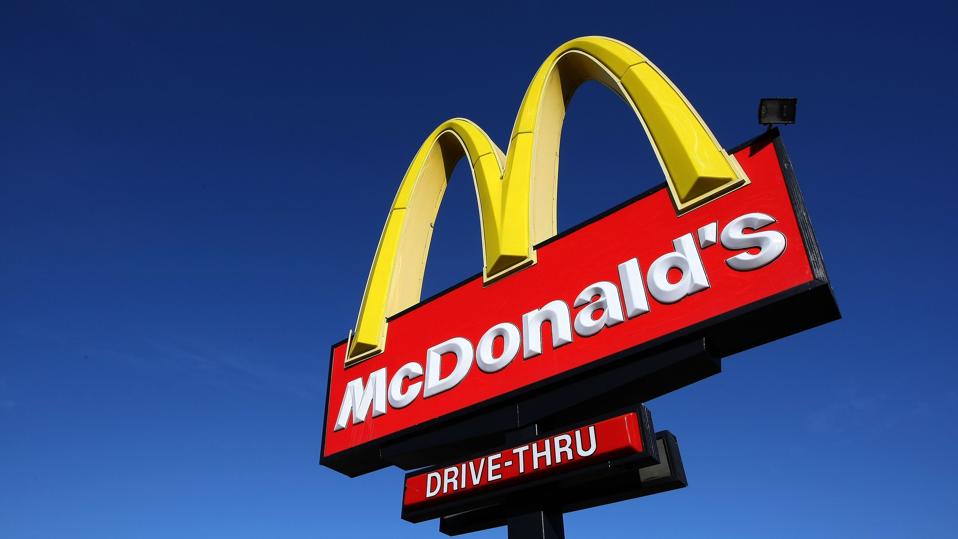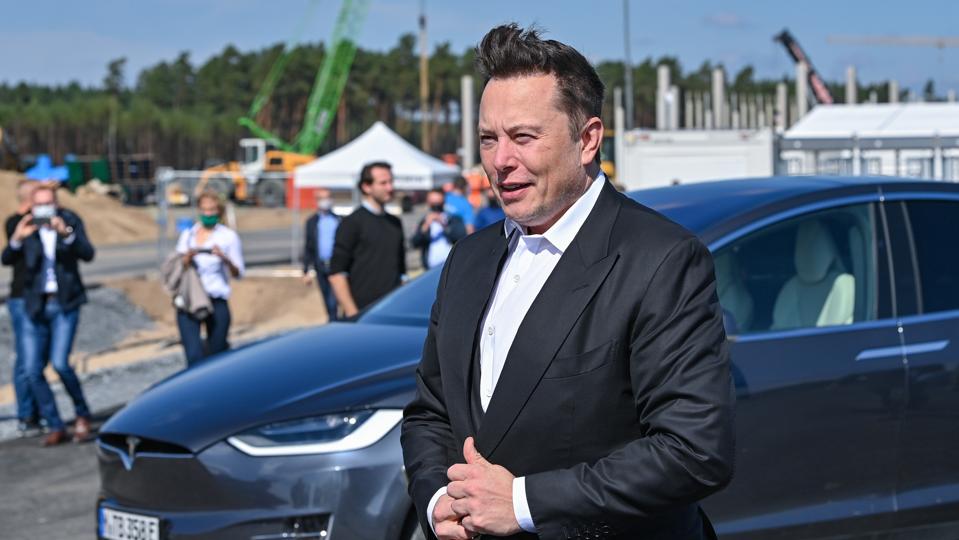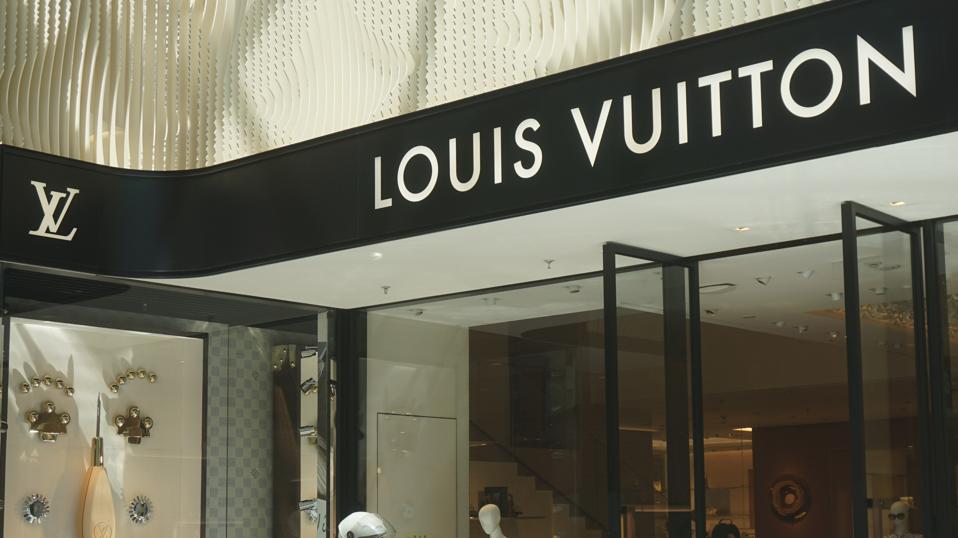McDonald’s CEO Chris Kempczinski said “war and associated misinformation” was hurting the company’s performance in the Middle East—as more American companies feel collateral pressure while Israel’s war against Hamas in Gaza continues into its fourth month.

McDonald’s, Starbucks, Coca-Cola and Nestle have all faced backlash in the region since the war between Israel and Hamas began in October—but the companies say the response is unfounded.
Getty Images
Key Facts
In a letter posted on LinkedIn, Kempczinski emphasized McDonald’s franchises in Muslim countries—which have faced boycott calls over allegations the company supported Israeli soldiers—are owned by “local owner operators who work tirelessly to serve their communities while employing thousands of their fellow citizens.”
Kempczinski also condemned “violence” and “hate speech”—McDonald’s has not issued any statements of support for Israel or the ongoing war in Gaza, and called the backlash “disheartening and ill-founded.”
Despite calls for boycotts across the Middle East, the American burger chain still reported global sales were up 10.9% in Q4 2023.
Starbucks said it has also faced protests and “vandalism” in both the Middle East and North America, which CEO Laxman Narasimhan said were “influenced by misrepresentation on social media of what we stand for.”
Starbucks previously said it has “no political agenda” and condemned violence and hate speech—however, the company has been involved in an ongoing lawsuit with Starbucks Workers United, the union that represents about 350 stores in the U.S., claiming it hurt the company’s brand after posting a pro-Palestinian message.
Starbucks reported global sales were still up 8% in the last quarter of 2023.
Key Background
On Oct. 7, militants from Hamas, a Palestinian Islamist organization that controls the Gaza Strip, launched a major attack on southern Israel. Over 1,200 people were killed in Israel, while another 240 were taken hostage. Israel responded by declaring war, launching a counteroffensive against Hamas in Gaza. Over 22,000 people in the territory have been killed since the war started, according to the Hamas-controlled Health Ministry. The massive death toll has fueled protests and boycotts of Israeli and American businesses in the Middle East. McDonald’s, which is a brand largely made up of locally owned franchises, faced early criticism after locations in Israel reportedly gave free meals to Israeli soldiers after the war started. The move was met with immediate backlash from the company’s franchises in Muslim-majority countries, including Saudi Arabia and Turkey. Other companies outside of food services have faced pressure for marketing decisions. In December, fast fashion retailer Zara faced calls for boycotts after it posted advertisements featuring models standing amid rubble, alongside mannequins missing limbs. The ads caused an outcry on social media for what many decried as making light of the ongoing conflict. Zara deleted the ads and issued an apology, calling the situation a “misunderstanding”—claiming the photos were taken in September, before the war in Gaza broke out.
Tangent
In November, the Turkish Grand National Assembly removed Coca-Cola and Nestle products from all restaurants and cafeterias located in parliament buildings due to “huge public outcry” against the companies, Reuters reported. Numan Kurtulmus, the speaker of the Grand National Assembly, singled out the American and Swiss food producers as “companies who have openly declared their support for Israel’s war crimes.” Neither Coca-Cola nor Nestle have issued statements of support for the war in Gaza.
This post originally appeared on Forbes.com


